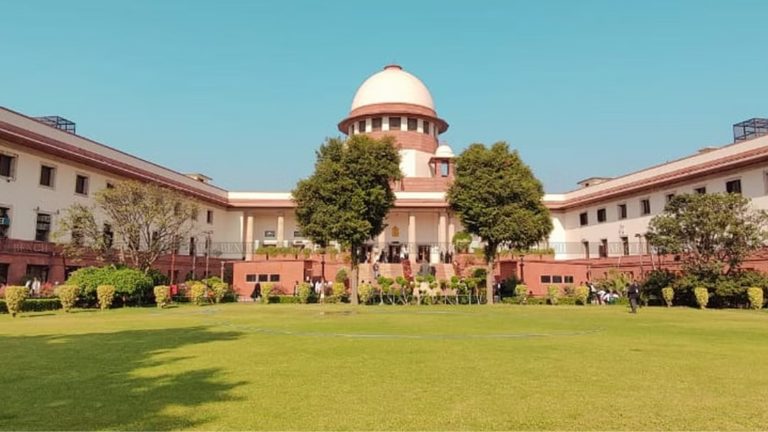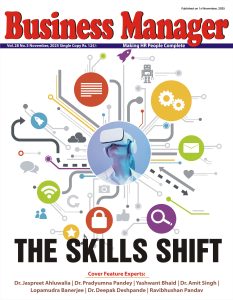New Delhi – November 6, 2025 – In a landmark judgment of the Supreme Court of India, it is held that introducing a biometric attendance system for government employees is not illegal merely because employees were not consulted beforehand.
The bench comprising Pankaj Mithal J. and Prasanna B. Varale J. set aside a judgment of the Orissa High Court which had quashed the introduction of the biometric attendance system in the office of the Principal Accountant General (A&E), Odisha on the ground that employees had not been consulted.
The Court observed that the system was introduced for the benefit of “all stakeholders” and that absence of consultation does not itself render the measure illegal. It also noted that the service manual cited by the employees did not prescribe any rule mandating prior consultation before introduction of such a system. The appeal by the Union of India was therefore allowed, and the biometric attendance system’s implementation upheld.
Background
The dispute arose after circulars dated July 1, October 22 and November 6, 2013 were issued for the introduction of a biometric attendance system (BAS) in the Odisha office, and employees challenged them, asserting that their consent and consultation were required.
The CAT initially dismissed the challenge, but the High Court in 2014 set aside the circulars on the ground that there was insufficient consultation. The matter then went up to the Supreme Court.
Also read – Incture Appoints Major Prashant Palai to Lead People & Culture Function
The Court stressed that when an administrative measure is for the benefit of staff and stakeholders, procedural niceties such as prior consultation may not automatically render the measure invalid.
It pointed out that the manual on establishment and administration for central government offices did not contain any specific rule requiring consultation before the introduction of such a system.
The Court also recorded that the employees did not continue to resist the system before it and therefore no live controversy remained. “Once the employees have no reservation … no controversy … survives” the bench said.
Government departments can proceed with introducing biometric attendance systems even if employee consultation has not been carried out — likely with greater assurance of legal validity in the absence of express rule to the contrary.
However, this does not mean biometric systems may be introduced without any oversight — each case will still turn on whether the action is lawful, fair, and proportionate under the law. The judgment does not say that consultation is never required or that there are no limits to introducing such systems.
Organisations (including private ones) must still be attentive to rights such as privacy and data protection when implementing biometric systems — especially given the jurisprudence around biometrics and privacy in India.
This ruling comes at a time when many government offices across India are moving to computerized and biometric attendance systems (for example the Aadhaar-enabled Biometric Attendance System launched some years ago). While the Court has given a green light in this context to the systems despite non-consultation, organisations should still consider engaging employees proactively — doing so may reduce friction, boost acceptance, and mitigate risk of future challenge.
Private-sector or non-government employers might face different considerations especially under labour laws, data protection obligations, industrial relations and consent dynamics — this judgment relates to central government service rules.










